Iran accuses US, UK and Israel of "baseless allegations"
Iran accused the United States, Britain and Israel of "baseless allegations" about its nuclear program.
Saturday, 24.02.2007.
10:34

Iran accuses US, UK and Israel of "baseless allegations"
Iran's deputy U.N. ambassador Mehdi Danesh Yazdi told the Security Council on Friday that his country has an "inalienable right" to develop nuclear technology for peaceful purposes and would not "give in to the pressures emanating from groundless and unsubstantiated allegations and ulterior political motives."Iran was a last-minute addition to the list of countries speaking at a day-long council meeting on implementation of a resolution adopted in 2004 requiring all 192 U.N. member states to pass laws to keep nuclear, chemical and biological weapons out of the hands of terrorists and black marketeers.
The meeting took place a day after the International Atomic Energy Agency reported that Iran had ignored a council ultimatum to freeze uranium enrichment — a possible pathway to nuclear arms — and had instead expanded its program.
The U.N. nuclear agency's report set the stage for difficult negotiations on new U.N. sanctions, with the United States, Britain and France again likely to seek tougher measures than Russia and China will accept. Senior diplomats from the five permanent Security Council nations and Germany will meet on Monday in London to start work on a new resolution to try to pressure Iran to suspend enrichment.
U.S. deputy ambassador Jackie Sanders told Friday's open meeting that "the Security Council should be prepared to take additional appropriate measures to communicate to the Iranian regime that its non-compliance is unacceptable and to persuade it to cooperate."
"The threat posed by weapons of mass destruction in the hands of terrorists or rogue states is one of the greatest dangers facing the planet," she said. "Unfortunately, Iran has yet to ... make the strategic decision to cooperate with the international community and end its pursuit of a nuclear weapons capability."
Britain's U.N. Ambassador Emyr Jones Parry followed up, reminding the council that it has considered the threat of proliferation of weapons of mass destruction "to be a threat to international peace and security since 1992."
"That underpins our continuing concern at developments in Iran and the failure of the government of Iran to meet the obligations" under a Dec. 23 resolution to suspend enrichment, he said.
Later, Israel's deputy U.N. ambassador Daniel Carmon told the council his government believes the 2004 resolution to keep weapons of mass destruction from terrorists can also be used to prevent the transfer of conventional arms.
"In this context, it should be noted that rockets of different ranges can serve as a means for launching chemical and biological weapons, and therefore the transfer of such rockets to non-state actors, particularly to terrorists is today already a violation" of the resolution, Carmon said.
"This violation has clearly been demonstrated by the Iranian supply to the Hezbollah terrorist organization of such tools as witnessed lately in Lebanon," he said.
The three countries were the only ones among 36 speakers in the debate to mention Iran.
Danesh Yazdi, speaking last, said it was regrettable that "an ill-intended and extensive campaign with political motivation has been at work attempting to distort and fabricate the facts and realities about Iran's peaceful nuclear program, as we have witnessed in today's meeting through the baseless allegations made against my country by the representatives of the United States, United Kingdom and Israeli regime."
The Iranian envoy said it was unreasonable for countries that have nuclear weapons to "threaten others with their massive arsenals and aggressive policies, while crying wolf about others' peaceful nuclear program."
Danesh Yazdi referred to the growing risk in recent years of weapons of mass destruction falling into the hands of terrorists. He recalled Iraq's use of chemical weapons against Iran during their 1980-88 war.
"The recent heinous terrorist attack in Iraq in which chlorine gas was used by terrorists and resulted in the death and injury of many innocent Iraqi people put on display, once again, how serious this appalling threat is," he said.
Rogelio Pfirter, director-general of the international chemical weapons watchdog, told the council the Iraqi attacks illustrated the possibility of "using the toxic properties of even ordinary chemicals such as chlorine" in terrorist acts that did not require great resources or sophisticated networks.
He said effective national enforcement of the Chemical Weapons Convention, which has been ratified by 181 countries, "can help reduce the threat of chemical terrorism."















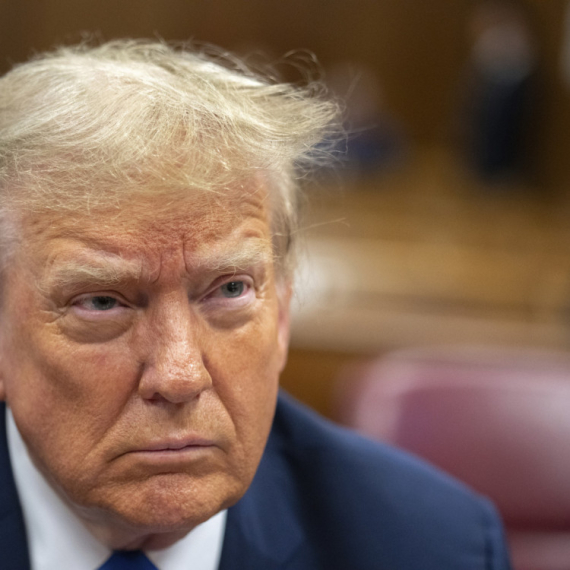
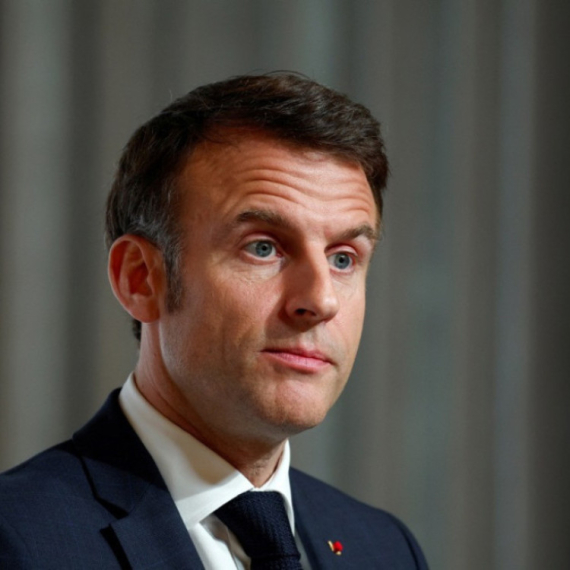

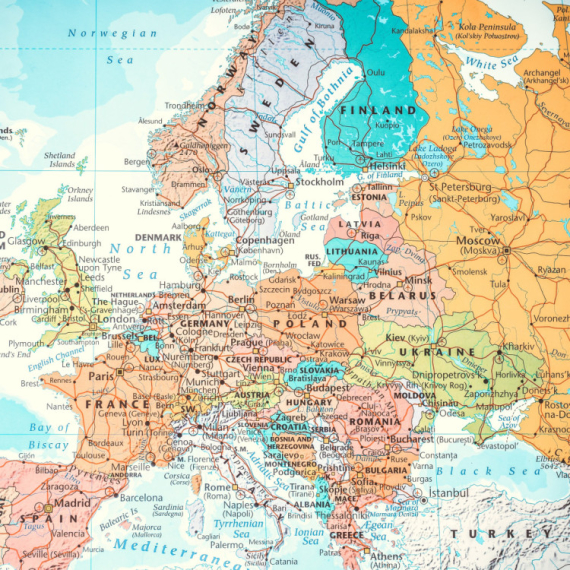


















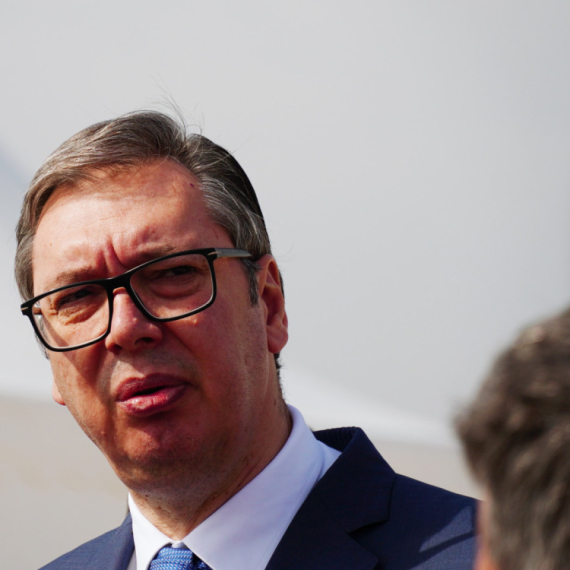














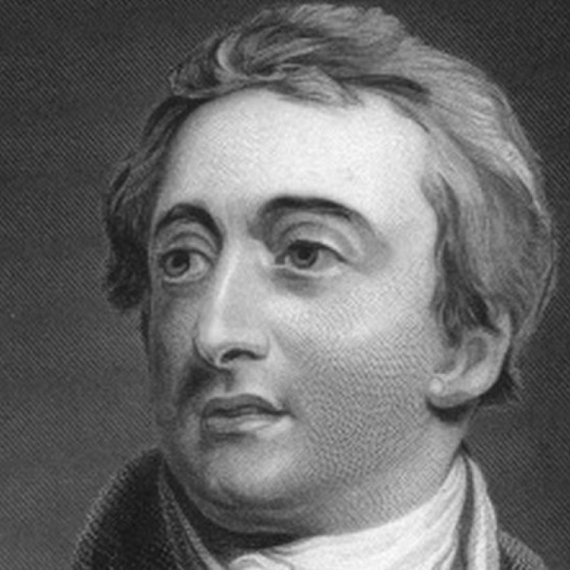





Komentari 0